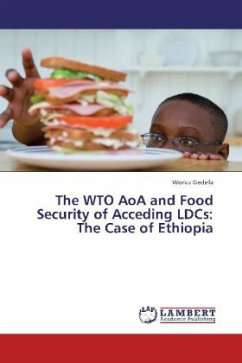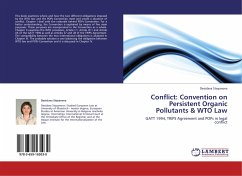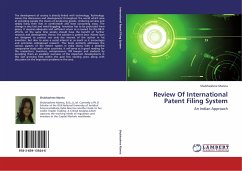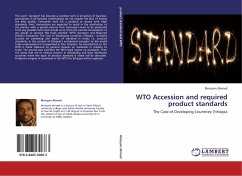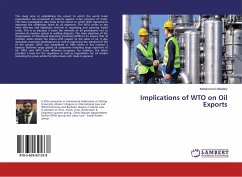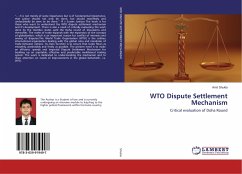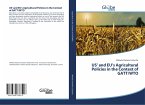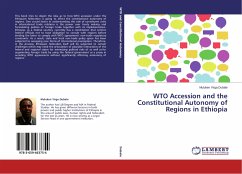Ethiopia has a spasmodic food security problem with in the general spectrum of other socioeconomic challenges. The country is among the most severely food insecure countries of the world characterized by high reliance on food imports and international food aid. It is such a high reliance on international food imports that triggered this study. To that end, the study used the relevant polices and laws of Ethiopia and the pertinent WTO agreements as a primary sources. The copious literature on the area of the WTO AoA and its bearing on Food Security have been used as secondary sources. The most important findings of the study include: a) the subsidies commitments to be undertaken under the WTO AoA provide a sufficient policy space to continue the existing support programs which are part of the food security strategy of the country. Thus, the Subsidies, domestic or export, provisions of the WTO AoA does not hinder a sound food security policy; b) opening of borders by lowering tariffs, which seems very likely, will represent a threat to domestic food production unless higher bound rates are negotiated.

